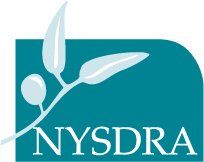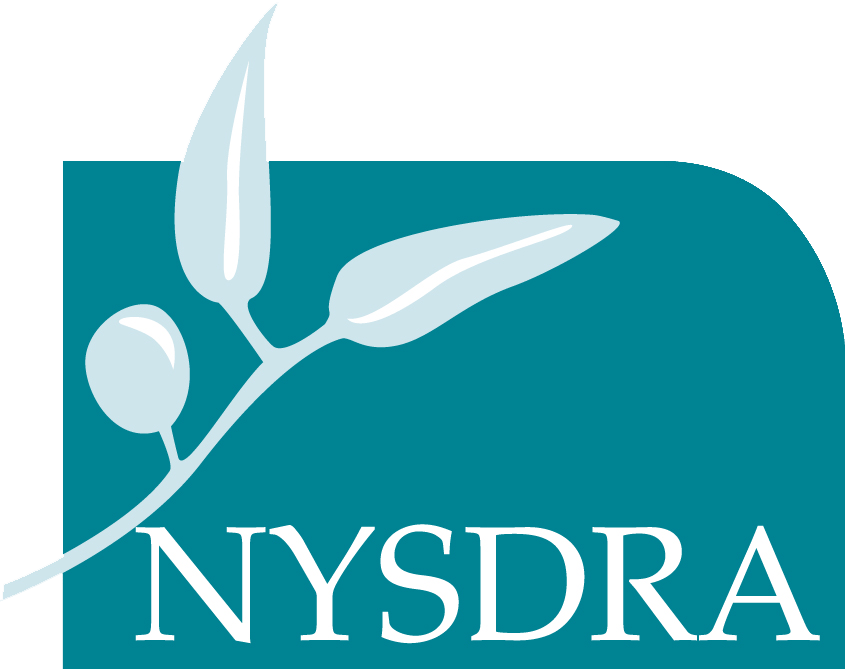Alternative Dispute Resolution
(ADR)
What is Alternative Dispute Resolution?
Alternative dispute resolution (ADR) is a variety of processes, such as mediation or arbitration, that help parties resolve disputes without a trial.
Watch the video to learn more.
WE HELP COMMUNITY MEMBERS SOLVE EVERYDAY PROBLEMS IN A WAY THAT RESTORES RELATIONSHIPS AND BUILDS BACK A SENSE OF COMMUNITY.
The Spectrum of Dispute Resolution
MEDIATION
Mediation is a voluntary, confidential process facilitated by a trained mediator. The mediator facilitates a conversation with two or more people to help resolve a dispute and develop a mutually acceptable solution.
ARBITRATION
Arbitration is the out-of-court resolution of a dispute where the third party (the arbitrator) hears evidence and renders a decision. The decision can be binding or non-binding.
Benefits of Dispute Resolution
Alternative dispute resolution (ADR) gives parties in dispute the opportunity to work through conflict with the help of a neutral third party. Parties are empowered, more involved in the outcome, and the process is generally faster and far less expensive than a typical court proceeding.
How do I know which method is right for my situation?
When you contact a provider or CDRC, they will help determine which dispute resolution provider would be ideal for your situation.
Process Definitions
-
Arbitration
Arbitration is a formal proceeding that uses one or more neutral third parties to listen to evidence and render a decision. The decision may be binding or non-binding.
-
Cociliation
Cociliation is the use of a third person who is asked to help people reach an amicable resolution of their dispute. The conciliator does not have the authority to impose a settlement, and usually speaks with the parties separately.
-
Consensus Building
Consensus building is a process of negotiation that crafts an outcome to which all participants can agree. In tailoring the agreement, participants seek to resolve or mitigate objections of the minority to achieve the most agreeable decision. Consensus is usually defined as meaning both general agreement, and the process of getting to such agreement.
-
Facilitation
Facilitation involves a neutral third party who helps members of a group to define and meet their goals, exchange ideas and information, solve a problem or hold effective meetings.
-
Litigation
Litigation is a legal dispute argued in court. Attorneys help negotiate a resolution, or a judge or jury makes a decision. The people directly involved have little control over the process or outcome.
-
Mediation
Mediation is a method for discussing problems and exploring solutions with the help of a trained neutral third party. Mediators help people communicate clearly and negotiate effectively. Mediators do not take sides, give legal advice, make decisions about resolutions or impose solutions. Mediation is private and voluntary. Research shows that mediation frequently results in agreements that are voluntarily followed because they are created by the people directly involved.
-
Negotiation
Negotiation is a discussion between two or more people solving disagreements, deciding what to do, or making a bargain. Negotiation may involve advocates or representatives.
-
Neutral Evaluation
Neutral evaluation is conducted by a neutral evaluator with the expertise to hear arguments and predict the likely outcome in court. The evaluator may also provide guidance and settlement assistance with the parties’ consent.
-
Restorative Justice
Restorative justice encompasses victim/survivor centered processes that address harm from crime, bullying and violations of legal and human rights. Restorative resolutions engage those who are harmed, wrongdoers and their affected communities in search of outcomes that may help promote the repair, reconciliation and the rebuilding of relationships.
300 Great Oaks Blvd, Suite 300-027 | Albany, NY 12203 | Phone: 518-687-2240 | Fax: 518-687-2245 | info@nysdra.org
NYSDRA is a 501(c)(3) nonprofit organization. Donations are tax deductible.
Website powered by Neon One
Privacy Policy | Terms & Conditions | Disclaimer

